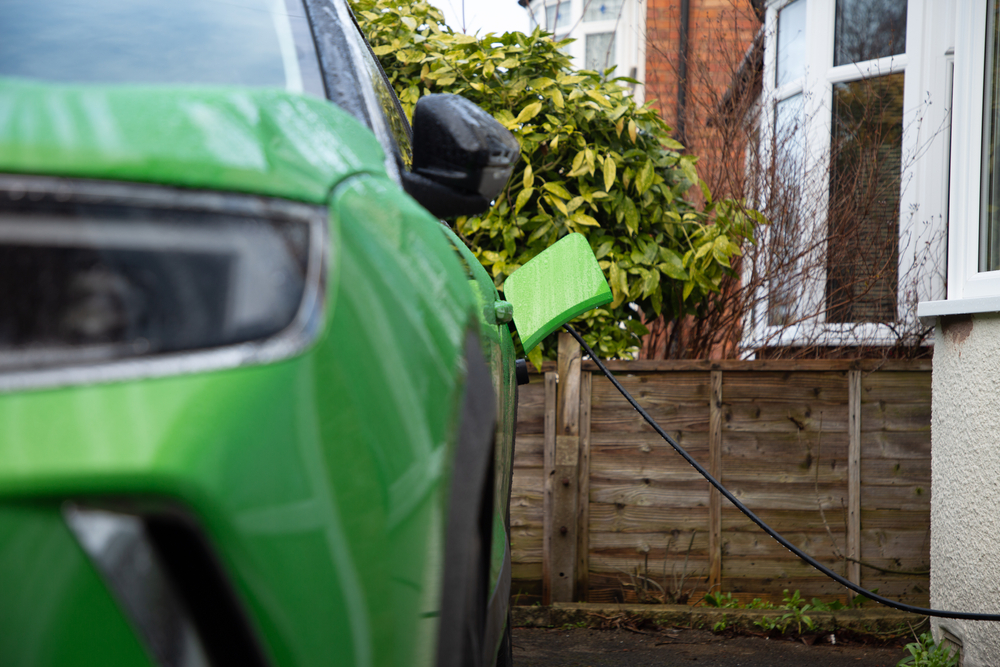
2023 will see 448,000 new electric vehicles hitting UK roads
A total of 448,000 new battery electric vehicles (BEVs) will be registered in the UK in 2023, according to figures from DriveElectric.
This figure is based on DriveElectric’s own forecasts, and it represents a significant increase from 267,203 – the number of battery electric vehicles (cars and light vans) registered in the UK in 2022. The figure of 448,000 does not include plug-in hybrids (PHEVs).
DriveElectric is predicting a 24.9% market share for BEVs in 2023 (unchanged from its original forecast from 2019) and a total market of 1.8 million registrations, translating to 448,000 BEV registrations for 2023.
DriveElectric uses its own model built from its intelligence of the UK market to forecast registrations of battery electric cars and vans each year. In its January 2022 forecast, the company predicted a 16.7% market share for BEVs in 2022, which was almost identical to the actual market share of 16.6% – although the total number of registrations of all cars and vans in 2022 was reduced due to supply challenges.
Background issues influencing the 2023 forecast include:
- Availability of EVs will continue to improve, following ongoing vehicle shortages primarily due to semiconductor supply issues over recent years
- OEMs will have more capability to produce and deliver vehicles as more EV factories open around the world
- Many more new EV models will arrive in the UK, with a particular increase in the presence of Chinese brands
- Continued volatility in energy prices will see more people exploring ways to reduce energy costs for charging EVs, for example using solar and battery storage, with increased awareness about forthcoming vehicle to grid charging
- There will be continued accelerated expansion of the public charging network, including rapid and ultra-rapid chargers, with new operators gaining a foothold in the UK market such as Fastned, and longer term, Mercedes-Benz
- UK businesses will continue the move to reduce their corporate carbon footprint
- Confirmation of benefit in kind (BIK) for UK company car drivers (2% until April 2025, then rising by 1% each year to 5% in April 2028) and salary sacrifice has made for a more stable environment for businesses transitioning to EVs
- There will also be increasing numbers of battery electric heavy goods vehicles (despite predictions that this market would never develop); the challenge will be building a charging network for them.
